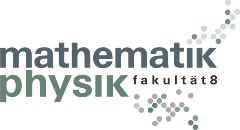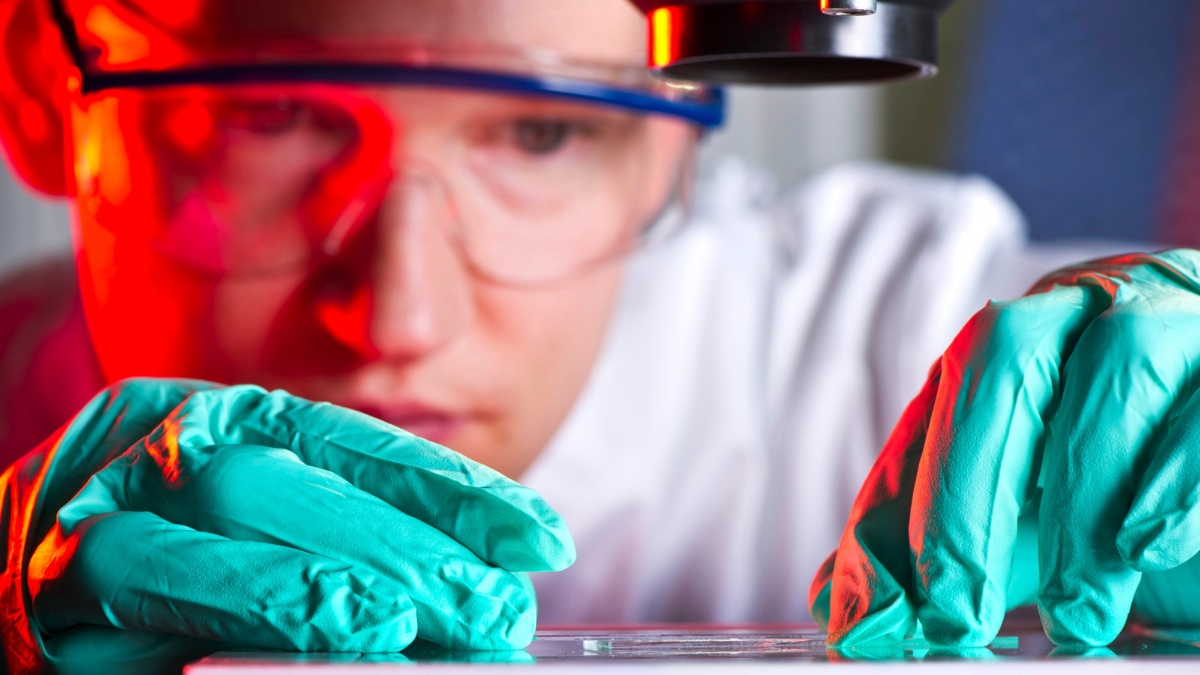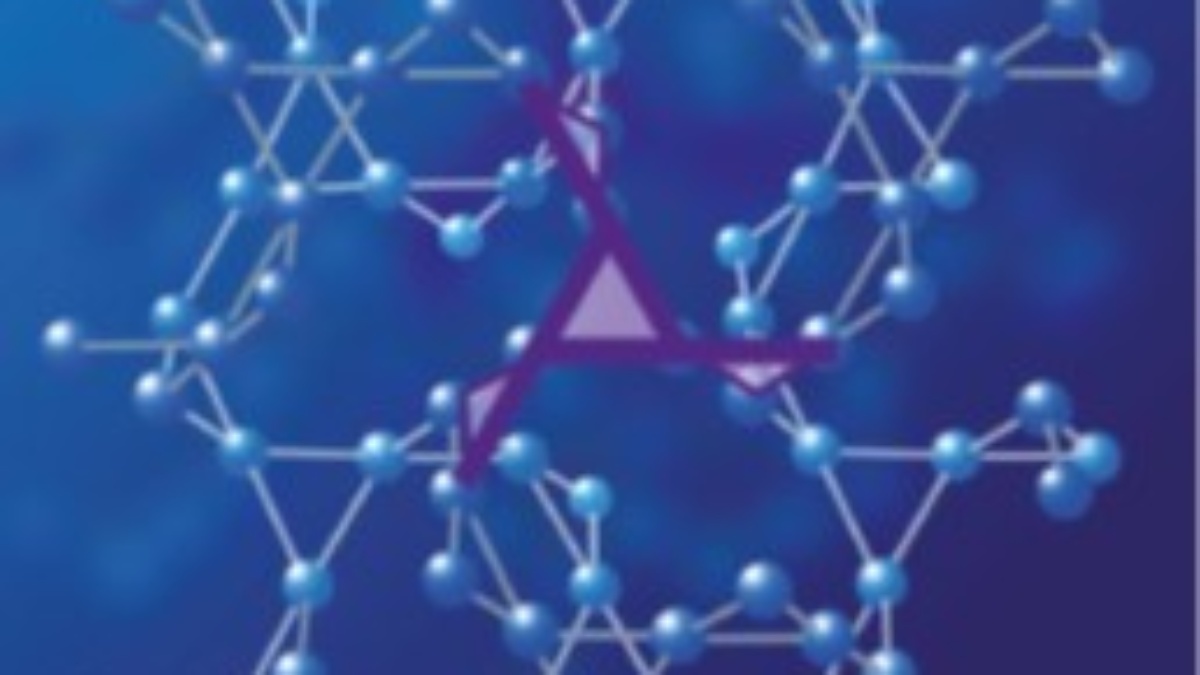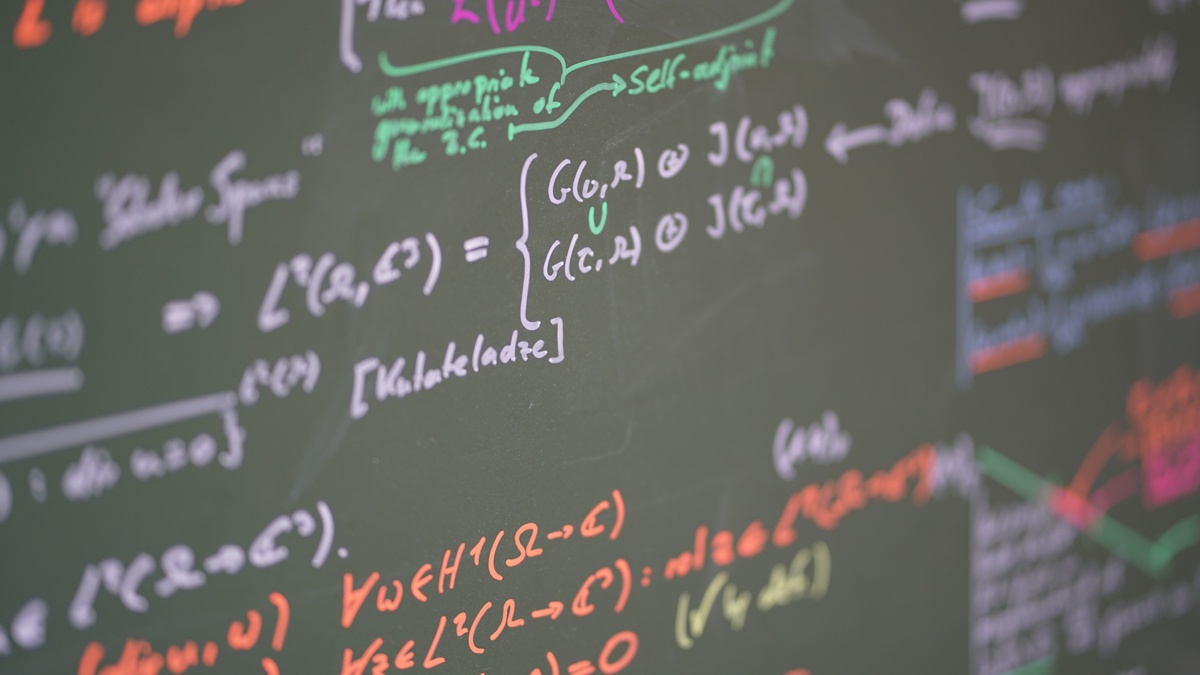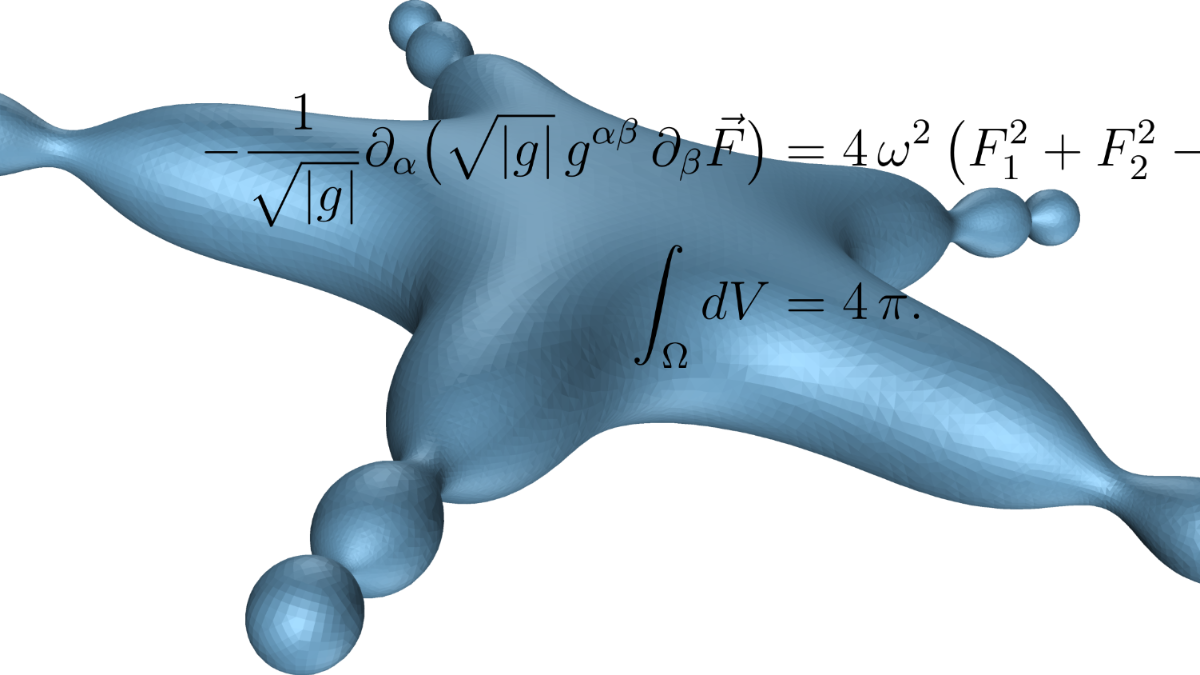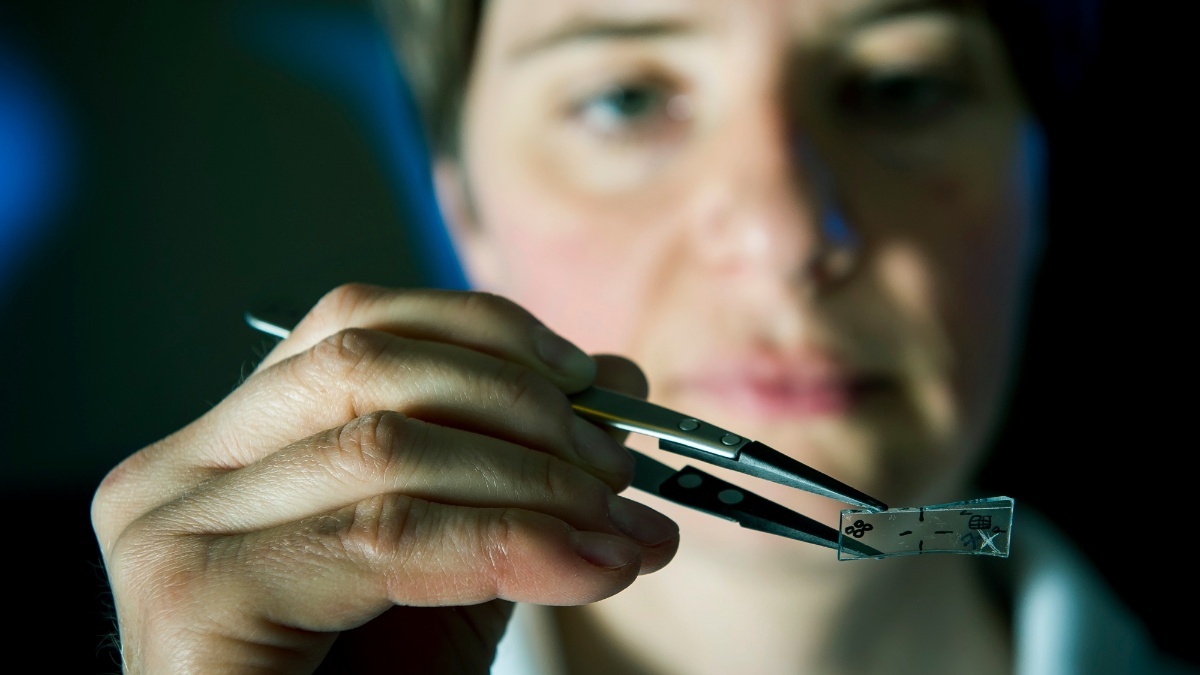Fundamental Research and a Nucleus for Innovative Applications
The faculty’s research activities are at the heart of the strategic research goals of the University of Stuttgart. Focus areas include, but are not limited to:
- Scientific computing / numerical simulation
- Modeling of multiscale and multiphysics problems
- Machine learning
- Quantum systems
- Atomic and quantum optics
- Solid state physics
- Strongly correlated many particle systems
- Soft matter physics
Research Activities in the Department of Mathematics
Simulation technologies have become indispensable in the 21st century and permeate every aspect of our lives. The University of Stuttgart has recognized the opportunities for the future and concentrated its diverse expertise in the Stuttgart Center for Simulation Science SC SimTech.
Scientists from the department who are involved:
PIs Barth, Göddeke, Radde, Rohde, Scherer, Steinwart
PRs de Rijk, Haasdonk, Hahn-Rigaud, Lienstromberg, Oesting, Rigaud, Schneider, Stamm
| SFB-TRR 75 | Droplet Dynamics under Extreme Ambient Conditions Prof. Dr. Christian Rohde |
2010 |
| SFB-TRR 195 | Symbolic Tools in Mathematics and their Application Prof. Dr. Meinolf Geck |
2017 |
| SFB 1173 | Wave Phenomena: Analysis and Numerics Prof. Dr. Guido Schneider |
2015 |
| SFB 1313 | Interface-Driven Multi-Field Processes in Porous Media Prof. Dr. Christian Rohde, Prof. Dr. Dominik Göddeke (associated member), PD Dr. Iryna Rybak |
2018 |
| SFB-TRR 161 |
Quantitative Methods for Visual Computing Prof. Dr. Andrea Barth |
2015 |
| SFB 1481 |
Sparsity und singuläre Strukturen |
2022 |
| IRTG 2160 | Droplet Interaction Technologies Prof. Dr. Christian Rohde |
2016 - 2025 |
| IRTG 2198 | Soft Tissue Robotics Prof. Dr. Bernard Haasdonk |
2017 - 2021 |
| IMPRS-IS: |
International Max Planck Research School (IMPRS) for Intelligent Systems |
2017 |
| TZRL |
Tübinger Zentrum für Robustes Lernen |
|
| SPP 2311 |
Robustly coupling continuum-biomechanical in silico models to obtain active biological system models for later use in clinical applications - Co-design of modeling, numerics and usability |
2021 - 2024 |
| ELLIS |
European Laboratory for Learning and Intelligent Systems |
2021 - |
| MaRDI |
Mathematical Research Data Initiative |
2021 - 2026 |
| SPP 2410 |
Hyperbolische Erhaltungsgesetze in der Strömungsmechanik: Complexity, Scales, Noise (CoScaRa) |
2022 |
| SPP 2256 |
Variational Methods for Predicting Complex Phenomena in Engineering Structures and Materials |
2023 |
| SAM |
Dropout mathematics Prof. TeknD Timo Weidl |
2017 - 2020 |
| FESt-BW |
Successful studying in Baden-Württemberg (FESt-BW) Prof. TeknD Timo Weidl |
2016 - 2020 |
| QuaLIKiSS |
Teaching Quality Pact – Individuality and Cooperation in Studies in Stuttgart Prof. TeknD Timo Weidl (Coordinator), Apl. Prof. Dr. Jens Wirth, Prof. Dr. Dominik Göddeke, Prof. Dr. Markus Stroppel |
2011 - 2020 |
| Digit@L |
Strengthen university teaching through digitization: Boost. Skills. Support Prof. Dr. Dominik Göddeke, Apl. Prof. Dr. Markus Stroppel, Prof. TeknD Timo Weidl |
2021 - 2023 |
| GRK 1838 | Spectral Theory and Dynamics of Quantum Systems Prof. Dr. Marcel Griesemer (Sprecher), Prof. Dr. Uta Freiberg, Prof. Dr. Guido Schneider, Prof. TeknD Timo Weidl, Apl. Prof. Dr. Jens Wirth |
2013 - 2019 |
| SPP 1648 | Software for Exascale Computing Prof. Dr. Dominik Göddeke |
2013 - 2019 |
High performance Computing II |
Baden-Württemberg Stiftung |
2016 - 2019 |
| MWK |
"Data-Integrated Simulation" (Universität Heidelberg) |
2016 - 2019 |
| Lehrerbildung PLUS |
Establishment of a Professional School of Education (PSE) Prof. TeknD Timo Weidl |
2016 |
Research Activities in the Department of Physics
GiRyd - DFG Schwerpunktsprogramm Giant Interactions in Rydberg Systems
IQST - Integrated Quantum Science and Technology
SCoPE - Stuttgart Research Center of Photonic Engineering
SPP 1726: Microswimmers - from single particle motion to collective behavior
FOR 2247: From few to many-body physics with dipolar quantum gases
FOR 2811: Adaptive Polymergele mit kontrollierter Netzwerkstruktur
The International Max Planck Research School for Condensed Matter Science (IMPRS-CMS) is a joint program of the Max Planck Institute for Solid State Research (Max Planck Institut für Festkörperforschung) and the University of Stuttgart. The objective of the research school is high-quality fundamental research on condensed matter using advanced experimental and theoretical methods.
IMPRS-CMS: International Max Planck Research School for Condensed Matter Science



